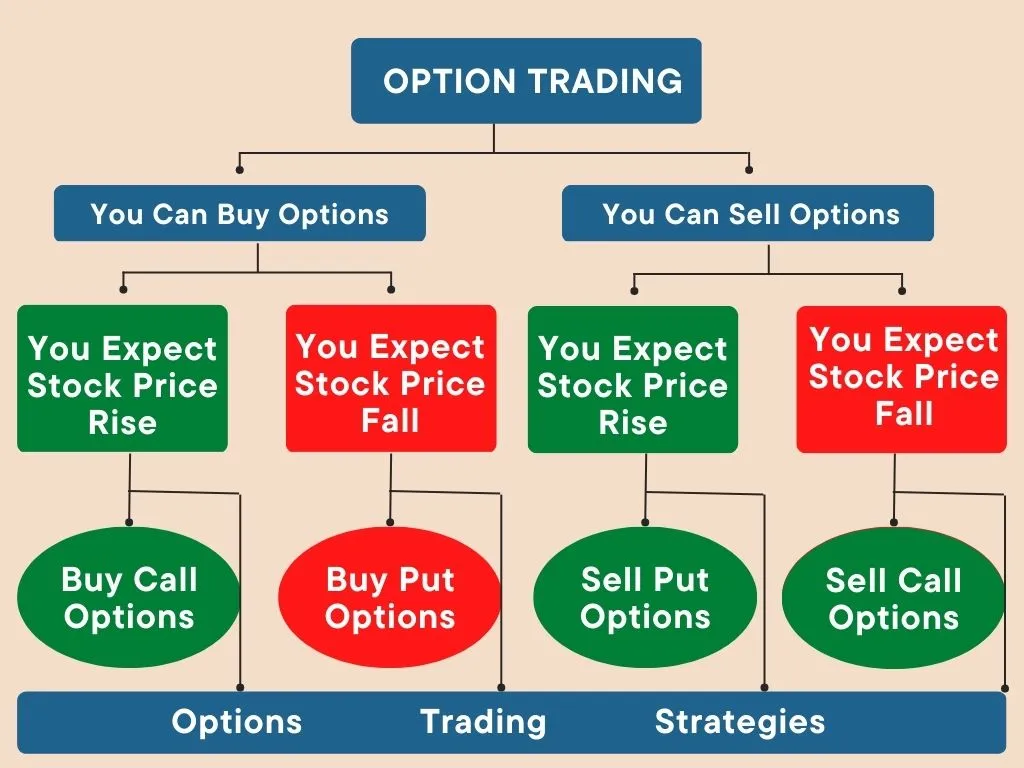Do you know a lot about a specific stock? Do you have opinions about where the stock price will go in the future? If so, you might be able to make money by trading options on that stock. Options trading is a more advanced trading strategy, but it can be a lot more profitable than simply buying and holding stocks.

Image: www.transparenttraders.me
Options Trading: What is it?
But what is options trading? Options are a type of derivative contract that gives the buyer of the option the right, but not the obligation, to buy or sell an underlying asset at a specified price on or before a specified date. The underlying asset can be a stock, index, commodity, or currency.
How Do Options Work?
Options are traded on an exchange, just like stocks. When you buy an option, you are buying the right to buy or sell the underlying asset at a specific price. The price at which you can buy or sell the asset is called the strike price. The date on which you can exercise the option is called the expiration date.
There are two types of options: calls and puts. A call option gives you the right to buy the underlying asset at the strike price. A put option gives you the right to sell the underlying asset at the strike price.
Is Options Trading Right for You?
So, should you start options trading? The answer to this question depends on your individual circumstances. If you have a good understanding of the stock market and you are comfortable with risk taking, then options trading could be a good way to make money. However, if you are new to investing or if you are not comfortable with risk, then you may want to stick to more traditional investment strategies.
Here are some things to consider to help you decide if options trading is right for you:
- Your knowledge of the stock market. Options trading is a complex strategy that requires a good understanding of the stock market.
- Your risk tolerance. Options trading can be a risky strategy and you should feel comfortable with the potential for loss before you start options trading.
- Your financial goals. Options trading can be a profitable strategy, but it is not a get-rich-quick scheme. You should have realistic financial expectations before you start options trading.

Image: changehero.io
Tips for Options Trading
If you decide that you want to start options trading, here are a few tips to help you get started:
- Start with paper trading. Paper trading is a great way to learn how to trade options without risking any real money.
- Choose a broker that offers options trading. Not all brokers offer options trading, so you will need to do some research to find a broker that is right for you.
- Start small. When you first start options trading, it is important to start small. This will help you to manage your risk and learn the ropes.
- Don’t be afraid to ask for help. If you are new to options trading, don’t be afraid to ask for help from a financial advisor or experienced trader.
FAQ on Options Trading
Here are some frequently asked questions about options trading:
- What is the difference between a call and a put? A call gives you the right to buy the underlying asset, while a put gives you the right to sell the underlying asset.
- What is the strike price? The strike price is the price at which you can buy or sell the underlying asset.
- What is the expiration date? The expiration date is the date on which you can exercise the option.
- How much does it cost to trade options? The cost of trading options varies depending on the broker and the type of option.
Should I Do Options Trading
:max_bytes(150000):strip_icc()/shutterstock_318403496.jpgoptionstrading-5c36153746e0fb00017f9287.jpg)
Image: www.investopedia.com
Conclusion
Options trading can be a great way to make money, but it is also a complex strategy. Before you start options trading, it is important to understand the risks involved. You should also learn as much as you can about options trading and develop a trading plan before you start placing trades.
Are you interested in learning more about options trading? If so, there are a number of resources available to help you, including books, websites, and online courses.






